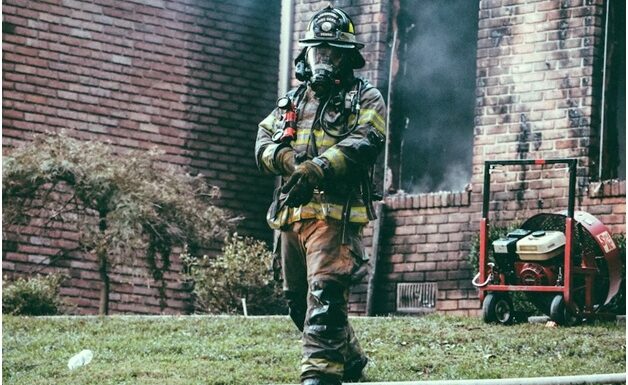
Statistics show that there are up to 51,000 home fires caused by electrical problems yearly, resulting in an estimated $1.3 billion in property damage. The fires make thousands of people sick and kill close to 500 people. Many of these disasters can be prevented by following simple safety tips. Here is how to create an electrical safety plan for your home so that you can avoid becoming a statistic:
Start By Assessing the Risks
Look around your house and identify potential hazards, such as overloaded outlets, frayed cords, or exposed wires. Once you have identified the risks, you can create a safety plan. Begin by ensuring that all of your electrical appliances are properly grounded and that your cords are in good condition.
If you have appliances that generate heat, such as space heaters or hair dryers, ensure they are kept away from flammable materials like curtains or bedding. You should also install smoke detectors and carbon monoxide detectors throughout your home and teach your family members how to use them properly.
Make Some Simple Changes
Take a look at your outlets and make sure that they’re not overloaded. If you have too many devices plugged into one outlet, it could cause a fire. To avoid this problem, use surge protectors and power strips so that you can plug multiple devices into one outlet without exceeding its capacity. Additionally, unplug devices when they’re not in use, so they don’t overheat.
Another change you can make is to replace any old or damaged outlets and switches with new ones. Outlets and switches are designed to last for many years, but they can become worn out over time. If you have any outlets or switches that are cracked or discolored, it’s best to replace them before they cause any problems.
Additionally, replace any two-pronged outlets with three-pronged ones as they provide better ground and are less likely to overload circuits. Investing in high-quality electrical products such as those from Bay Power is also crucial to avoid malfunctioning and potential hazards. Finally, have a qualified electrician check your wiring periodically to ensure it meets current safety standards.
Know Where Your Breaker Box Is
Every home is different, so it’s important to familiarize yourself with the layout of your current or future property at apartments for rent in provo ut most importantly its breaker box and electrical wiring. This way, you’ll know exactly where to go in a power outage or other electrical emergency. In addition to knowing the location of your breaker box, it’s also important to understand how it works.
This way, you can safely shut off power to specific areas of your home in the event of an electrical problem. This is especially important if you live in an area prone to severe weather conditions like hurricanes or tornadoes. It’s also a good idea to keep a list of emergency numbers by phone in case you need to call for help.
Educate Your Family Members About Electrical Safety
Teaching your family members about electrical safety can help reduce the risk of a fire at home. Some basic electrical safety tips that every family member should know include: not overloading outlets or cords, never using damaged or frayed cords, and always unplugging appliances before cleaning them.
In addition, always keep flammable materials away from heat sources, and never leave candles or other open flames unattended. Teach them how to identify potential dangers and what they should do if they encounter something that doesn’t look right. It’s important to have a plan for what everyone should do in case of an electrical fire or another emergency.
Electrical fires are a serious threat to your property and family. By following these simple steps, you can create an electrical safety plan for your home that will help keep you safe from electrical fires. Remember, take electrical safety seriously and always be aware of the potential dangers of electricity in your home. By taking the time to assess the risks involved with electricity and making simple changes around the house, you can greatly reduce the chances of an accident.
